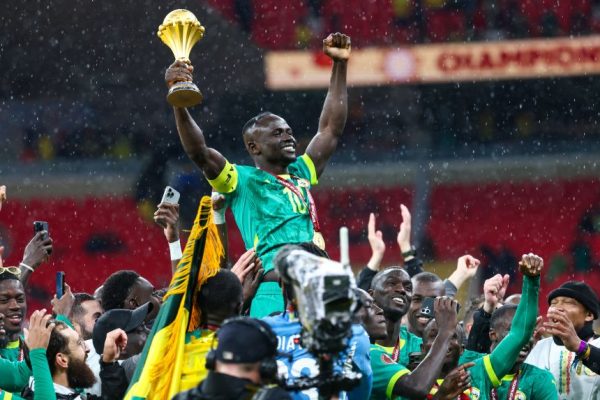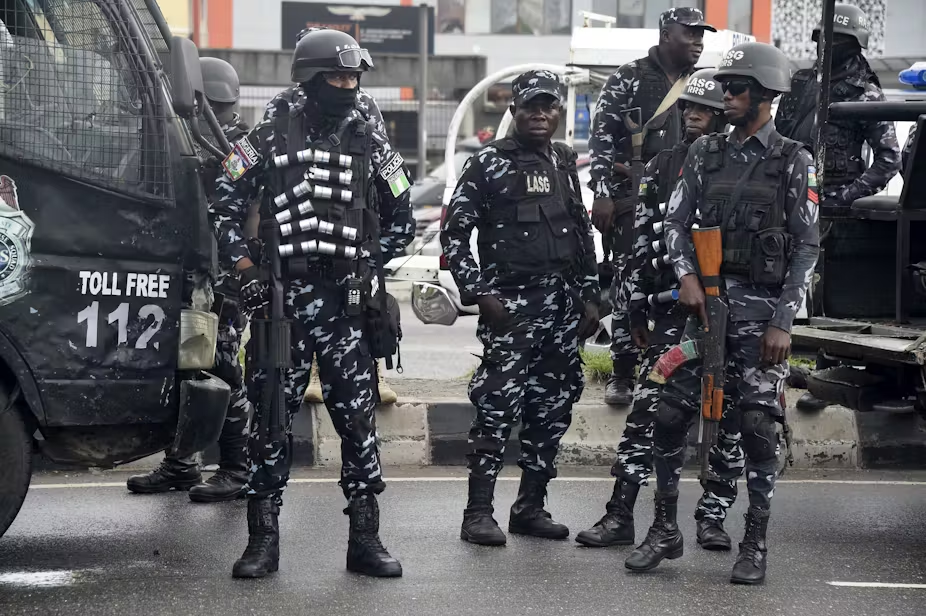by Will Eru
First, Shekarau can be described as an ardent public servant who possesses many years of experience in the education sector in Kano State.
President Goodluck Jonathan on Wednesday, July 9, 2014 appointed Mallam Ibrahim Shekarau as the Minister of Education. This appointment comes years after many Nigerians have called for the selection, based on merit, of competent and principled professional to lead one of Nigeria’s most important sectors- Education.
For many years, the Education sector has severely suffered neglect and has not received the kind of attention needed to enable it transform Nigeria into a globally competitive economy. The challenges in the sector are persistent and include issues such as the frequent strikes by workers of tertiary institutions; the unattractiveness of the teaching profession; the 10.5 million out-of-school children[i]; the disconnect between what is taught in universities and the skills required by employers; the low level of awareness of the importance of early childhood education; the low standards of TVET and the poor funding of quality research. Given these, it is no doubt that the sector is in dire straits and requires strategic interventions that would spearhead concrete and sustainable structural reforms aimed at addressing institutional and management structures, funding mechanisms and the legal framework that govern the sector.
All these explain why there is such enthusiasm over the appointment of Shekarau as Minister of the sector. It also underlines the scale of challenges he would face in coming months, however, there are reasons to be optimistic.
First, Shekarau can be described as an ardent public servant who possesses many years of experience in the education sector in Kano State. Beginning his career as a mathematics teacher at the Government Technical College Wudil, in Kano from 1978 to 1979, Shekarau became the Principal of five secondary schools at different tenures. These schools are Government Day Junior Secondary School, Wudil; Government Secondary School, Hadejia; Government College, Birnin-Kudu; Government Secondary School, Gwammaja and Rumfa College, all in Kano State. From 1988 to 1992, he was the National President of the All Nigerian Conference of Principals of Secondary Schools. Following his spell as Principal, he held key positions such as Deputy Director of Education, Bichi Zonal Education Area, Kano, 1992-93; Director, Planning, Research and Statistics, Ministry of Education Headquarters in Kano, 1993-94; Director General, Ministry of Education and Youth Development, Kano, 1994-95; Director General, Ministry of Education, Kano, 1997; Permanent Secretary, Civil Service Commission Kano, 2000; Chief Lecturer, Mathematics, Kano State College of Art, Science and Remedial Studies, 2000-2001 and Governor, Kano State, 2003-2011[ii].
Second, Shekarau is an education reformist. As governor of Kano State, and with support of development partners, he launched the Conditional Cash Transfer (CCT) initiative, designed with the objective to support girl education and grant girls from poor families access to basic education. According to Education Sector Support Program in Nigeria (ESSPIN), the CCTs are small cash payments made to the families of girls to cover the incidental costs of attending schools (e.g. uniforms, stationery) and offset the lost income from street hawking. In examining the impact of the CCT project, the World Bank Implementation Completion Report revealed that girls’ enrolment rate increased at a faster rate in Kano in project-supported schools (18.2%) than in non-project local government areas (14.7%). Also, there was an improvement in primary school completion rate in the state from 59.75% in 2007 to 67% in 2011[iii].
It is possible that the new minister could take bold steps in areas where his predecessors did not, owing to his deep understanding of how the Ministry works. However, he is vulnerable, given that he has never held a top federal position and as such, could be faced with the difficulty of managing a federal ministry that oversees education agendas and programs across states in Nigeria. Another key setback he is likely to encounter is overseeing a key ministry that is besieged with pockets of vested interests and political interference.
Unsurprisingly, Shekarau has already been criticised by many individuals, who have accused him of being a political juggernauts and looting state funds while he was governor of Kano State. But Shekarau and his supporters have consistently denied these accusations, citing political differences and envy of his opponents as reasons for the unfounded allegations. Whether the new minister will manage the ministry efficiently and more as a technocrat will be revealed in coming months.
The obstacles to change in the education sector are enormous and more worrisome given the limited time to the fast approaching 2015 general elections. It would be easier to overcome them with a clear set of agenda and action plan as well as with the mind-set to effect positive change in Nigeria’s foremost strategic sector. To build a sustainable sector that can deliver the 21st century skills, Shekarau must push for reforms to address issues of access, equity and inclusion; improve the quality of education at all levels and inculcate the values of leadership, honesty, intuition and integrity in Nigeria’s education system.
In Shekarau’s defence, his tenure began with a decisive win when the 10 months ASUP strike was suspended a few hours after he assumed duty as Minister of Education. The strike suspension is a clear indication of focused priorities by the minister and a strong willingness to address the various problems confronting the sector.
Mallam Shekarau may be the right candidate to change the education sector, but he will require further show of strong political courage, as well as active support from all stakeholders to become the minister that would get it right this time.
[i] Leo, Ruby (2014, June 16). AllAfrica News. Nigeria Has 10.5 Million Children Out of School-Unicef. Retrieved from http://allafrica.com/stories/201406161823.html
[ii] Shekarau Integrity Group of Nigeria (2011, August 20). The Man, Malam (Dr) Ibrahim Shekarau, Sardaunan Kano. Retrieved from http://shekarauintegritygroupofnigeria.blogspot.com/2011/08/man-malam-dr-ibrahim-shekarau-sardaunan.html
[iii] Independent Evaluation Group, The World Bank (2013). Implementation Completion Report (ICR) Review – Nigeria State Education Sector Project. Retrieved from http://lnweb90.worldbank.org/oed/oeddoclib.nsf/DocUNIDViewForJavaSearch/8525682E00686037852579AD004B7570?opendocument
————————-
Op-ed pieces and contributions are the opinions of the writers only and do not represent the opinions of Y!/YNaija.













